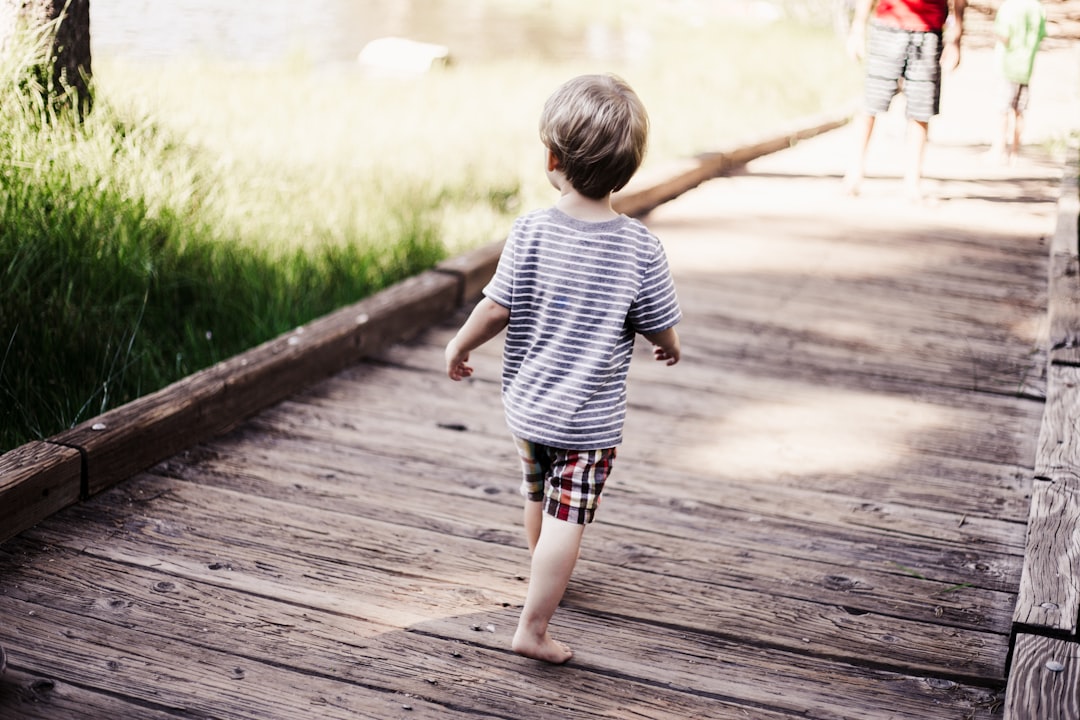
The Importance of Outdoor Play for Children
The Importance of Outdoor Play for Children
As children grow and develop, it is crucial to provide them with opportunities for outdoor play. In today's technology-driven world, where children are often glued to screens, outdoor play has become more important than ever. Not only does it offer numerous physical benefits, but it also contributes to their cognitive, emotional, and social development.

Physical Benefits
Outdoor play allows children to engage in physical activities that promote their overall health and well-being. Running, jumping, climbing, and playing sports help children develop their gross motor skills, coordination, and balance. These activities also contribute to the strengthening of their muscles and bones, reducing the risk of obesity and related health issues.

Cognitive Benefits
Outdoor play stimulates children's cognitive development in various ways. Exploring nature, playing with sand or water, and engaging in imaginative play all encourage problem-solving, creativity, and critical thinking skills. Outdoor environments offer endless opportunities for children to discover and learn about the world around them, fostering their curiosity and expanding their knowledge.

Emotional Benefits
Outdoor play has a positive impact on children's emotional well-being. Being in nature and engaging in physical activities helps reduce stress, anxiety, and feelings of depression. It provides an outlet for self-expression and allows children to release pent-up energy and emotions. Additionally, outdoor play promotes a sense of freedom, independence, and self-confidence, as children navigate and explore their surroundings.

Social Benefits
Playing outdoors with other children encourages social interaction and the development of important social skills. It provides opportunities for children to practice sharing, taking turns, and resolving conflicts. Outdoor play also fosters teamwork, cooperation, and communication skills as children engage in group activities and games. These social interactions are essential for building friendships and developing empathy and understanding towards others.

Encouraging Outdoor Play
As parents, caregivers, and educators, it is our responsibility to encourage and facilitate outdoor play for children. Here are some ideas to incorporate more outdoor playtime into their daily routine:
- Set aside dedicated time for outdoor play each day.
- Take family outings to parks, playgrounds, or nature reserves.
- Provide a variety of outdoor toys and equipment, such as balls, bikes, and sandboxes.
- Encourage unstructured play, allowing children to explore and create their own games.
- Organize outdoor playdates with other children.
- Participate in outdoor activities as a family, such as hiking, biking, or gardening.
The best way to establish a routine is with Easy Daysies visual schedules for kids!


Conclusion
Outdoor play is not just a form of entertainment; it is an essential part of a child's development. It provides numerous physical, cognitive, emotional, and social benefits, helping children grow into well-rounded individuals. By prioritizing outdoor play and providing opportunities for children to explore and engage with the natural world, we are setting them up for a healthier and happier future.
Warmly,


